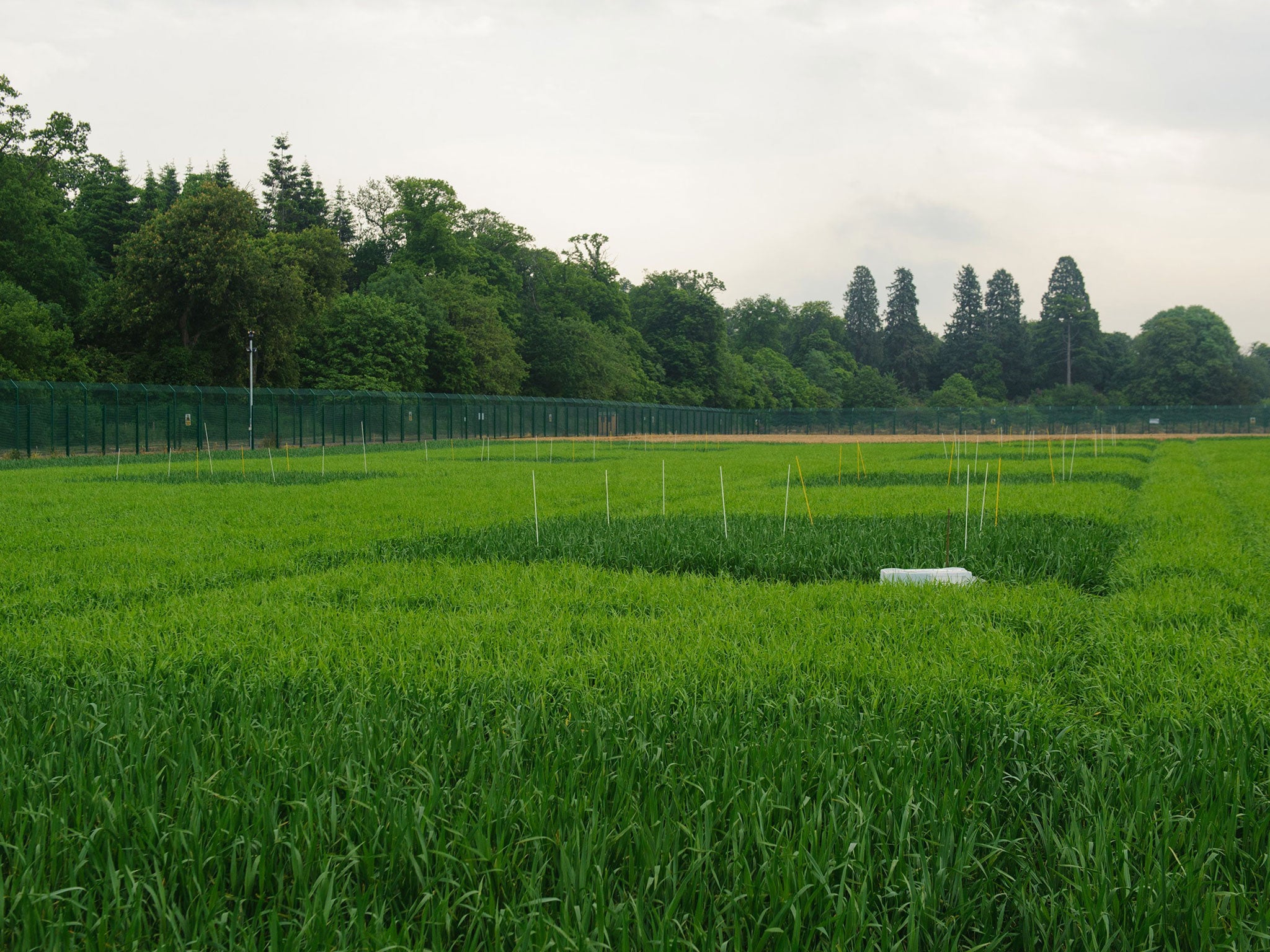Scientists renew call for light-touch legislation on second-generation GM crops

Senior scientists have called for a revamp of European legislation covering genetically modified crops in the light of radical advances in genome editing that has enabled crop researchers to make the smallest changes to a plant’s DNA with pinpoint accuracy.
Europe’s regulations governing the introduction of new GM crops is based on the actual DNA process used to generate the genetic modifications, rather than the end product of the process, which is why it now needs reforming the researchers said.
They believe that current legislation on GM crops is inconsistent, given that it is possible to produce mutations in plants that are identical to those made by conventional plant breeders, but with greater accuracy and speed.
Professor Ottoline Leyser, director of the Sainsbury Laboratory at Cambridge University, said that gross genetic changes brought about by conventional crop breeding involving the random generation of mutations is not subjected to the tough regulatory process, whereas those produced through GM have to conform to the rules.
“I’m not arguing for less legislation, I’m arguing for more legislation. I would like a sensible, proportionate, evidence-based system for everything,” Professor Leyser said.
There is now even some doubt as to whether genetic mutations in crops by the genome-editing technique called Crispr [pronounced “crisper”] would even be defined as GM crops under the existing European legislation, she said.
“There is no way that legislation based on processes is ever going to keep up with the introduction of new ways of doing things. You need a more robust regulatory system that is immune to the way that you do the changes,” she added.
Professor Huw Jones, a crop scientist at Rothamsted Research in Hertfordshire, said that the DNA changes made by Crispr can be identical to mutations produced by conventional crop breeding, but that it is not clear whether crops generated by Crispr will be subject to European Commission rules governing GM crops.
“We need a regulation that is fit for purpose. It would cover the risks inherent in the technology but it should also be consistent,” Professor Jones said.
“If a herbicide-tolerant crop has an environmental impact – and I’m not saying it does – it doesn’t matter how you make it. That impact should be analysed and risk-assessed as the characteristic per se, and not because of the technology,” he said.
Crispr is the latest and most powerful of the genome-editing technologies. It is based on a bacterial enzyme that can recognise and cut the DNA of a plant at any given point in the genome, whereas “conventional” GM involved the transfer of entire genes from one organism to another at random.
“In these days of genome sequencing you can sequence the entire genome and demonstrate the only changes you have made [from Crispr] are no different to anything that could be obtained from conventional breeding,” said Professor Sophien Kamoun, president of the International Society for Molecular Plant Microbe Interactions.
“Mutations are occurring all the time in conventional breeding so that the only thing you are doing here is having a much more precise and rapid way of doing that,” Professor Kamoun said.
“You can generate limitless variations within the crop but the fundamental differences to conventional GM is that you are not actually moving genes from one organism to another,” he said.
Join our commenting forum
Join thought-provoking conversations, follow other Independent readers and see their replies
Comments
Bookmark popover
Removed from bookmarks